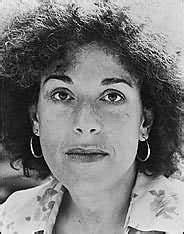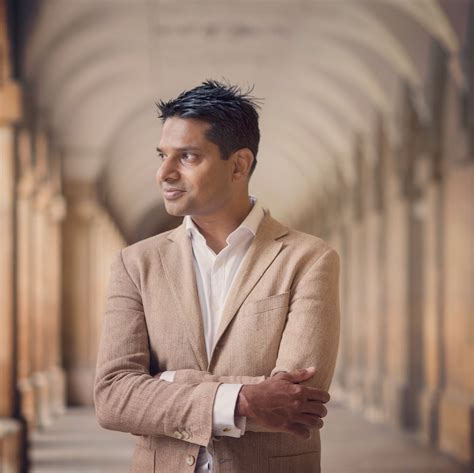A Quote by Thomas Jefferson
We act not for ourselves but for the whole human race. The event of our experiment is to show whether man can be trusted with self - government.
Quote Topics
Related Quotes
Whether you have a Ph.D., or no D, we're in this bag together. And whether you're from Morehouse or Nohouse, we're still in this bag together. Not to fight to try to liberate ourselves from the men - this is another trick to get us fighting among ourselves - but to work together with the black man, then we will have a better chance to just act as human beings, and to be treated as human beings in our sick society.
He [Washington] has often declared to me that he considered our new constitution as an experiment on the practicability of republican government, and with what dose of liberty man could be trusted for his own good; that he was determined the experiment should have a fair trial, and would lose the last drop of his blood in support of it. And these declarations he repeated to me the oftener and the more pointedly.
I think it's time we ask ourselves if we still know the freedoms that were intended for us by the Founding Fathers... Whether we believe in our capacity for self-government or whether we abandon the American Revolution and confess that a little intellectual elite in a far-distant capital can plan our lives for us better than we can plan them for ourselves.
There are some who lack confidence in the integrity and capacity of the people to govern themselves. To all who entertain such fears I will most respectfully say that I entertain none. If man is not capable, and is not to be trusted with the government of himself, is he to be trusted with the government of others? Who, then, will govern? The answer must be, Man - for we have no angels in the shape of men, as yet, who are willing to take charge of our political affairs.
We Americans think we enjoy self-government. We have all the trappings of self-government, like elections. But in reality, we have gradually lost many of our rights to govern ourselves. We have the form of self-government, but only some of the substance. We are, in a sense, a nation run by a handful of judges who often enforce, not the law, but their personal opinions.
Self-deception is a defining part of our human nature. By recognizing its various forms in ourselves and reflecting upon them, we may be able to disarm them and even, in some cases, to employ and enjoy them. This self-knowledge opens up a whole new world before us, rich in beauty and subtlety, and frees us not only to take the best out of it, but also to give it back the best of ourselves, and, in so doing, to fulfil our potential as human beings. I don't really think it's a choice.
Art is the one form of human energy in the whole world, which really works for union, and destroys the barriers between man and man. It is the continual, unconscious replacement, however fleeting, of oneself by another; the real cement of human life; the everlasting refreshment and renewal. For, what is grievous, dompting, grim, about our lives is that we are shut up within ourselves, with an itch to get outside ourselves. And to be stolen away from ourselves by Art is a momentary relaxation from that itching, a minute's profound, and as it were secret, enfranchisement.
I think the ultimate sense of security will be when we come to recognize that we are all part of one human race. Our primary allegiance is to the human race and not to one particular color or border. I think the sooner we renounce the sanctity of these many identities and try to identify ourselves with the human race the sooner we will get a better world and a safer world.
There is no need to invent an ego that is separate from the divine if our basic human nature is trusted. If we trust ourselves, we know how to avoid interfering with nature and how to live in harmony. When we know God as an unseen, loving, and accepting power at the heart of everything, allowing us to make our own choices, then God is a trusted part of our nature.
A government of our own is our natural right; and when a man seriously reflects on the precariousness of human affairs, he will become convinced, that it is infinitely wiser and safer, to form a constitution of our own in a cool deliberate manner, while we have it in our power, than to trust such an interesting event to time and chance.
The United States has adventured upon a great and noble experiment . . . of total separation of Church and State. . . . The offices of the Government are open alike to all. No tithes are levied to support an established Hierarchy, nor is the fallible judgment of man set up as the sure and infallible creed of faith. . . . Such is the great experiment which we have tried, and . . . our system of free government would be imperfect without it.































